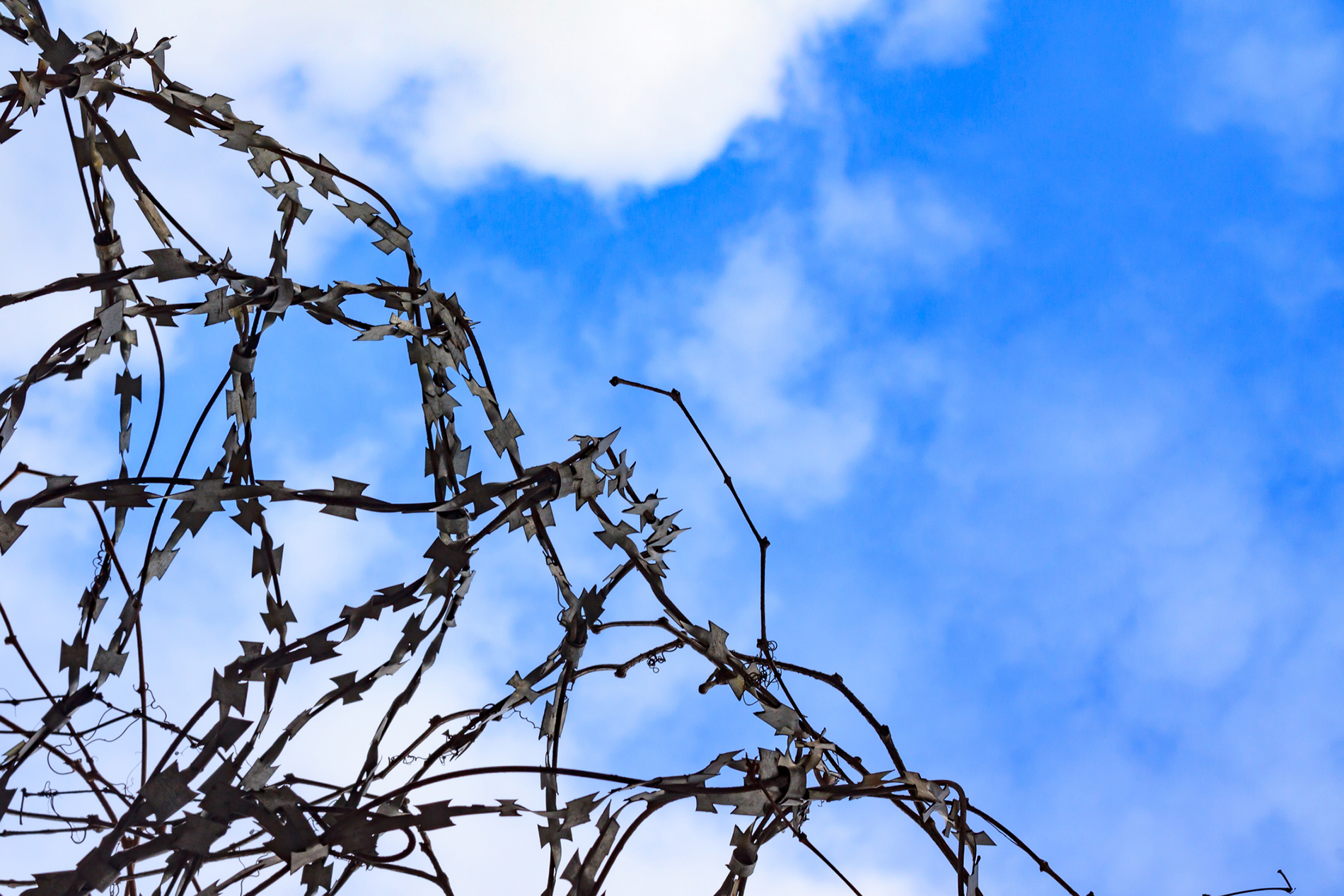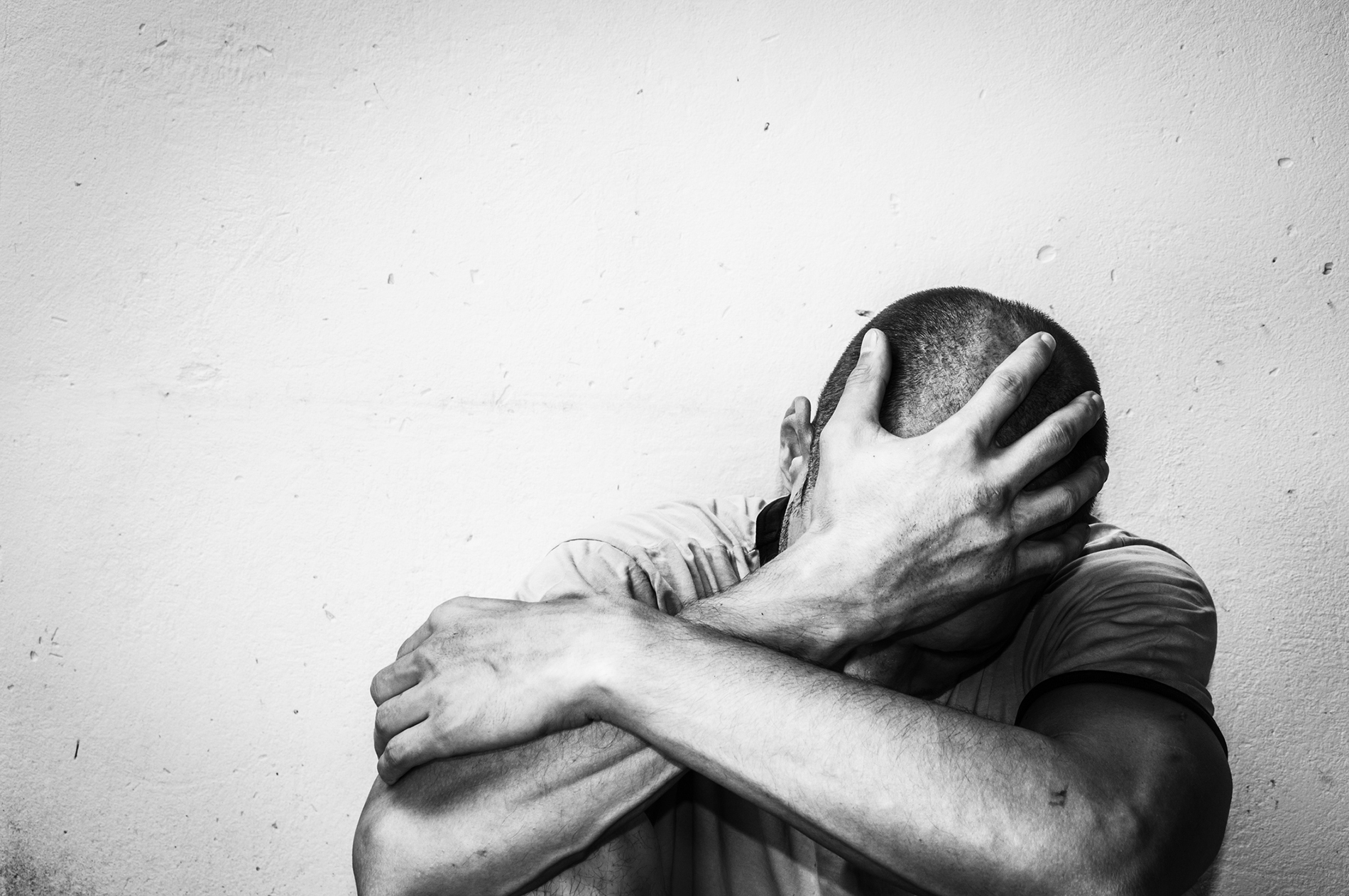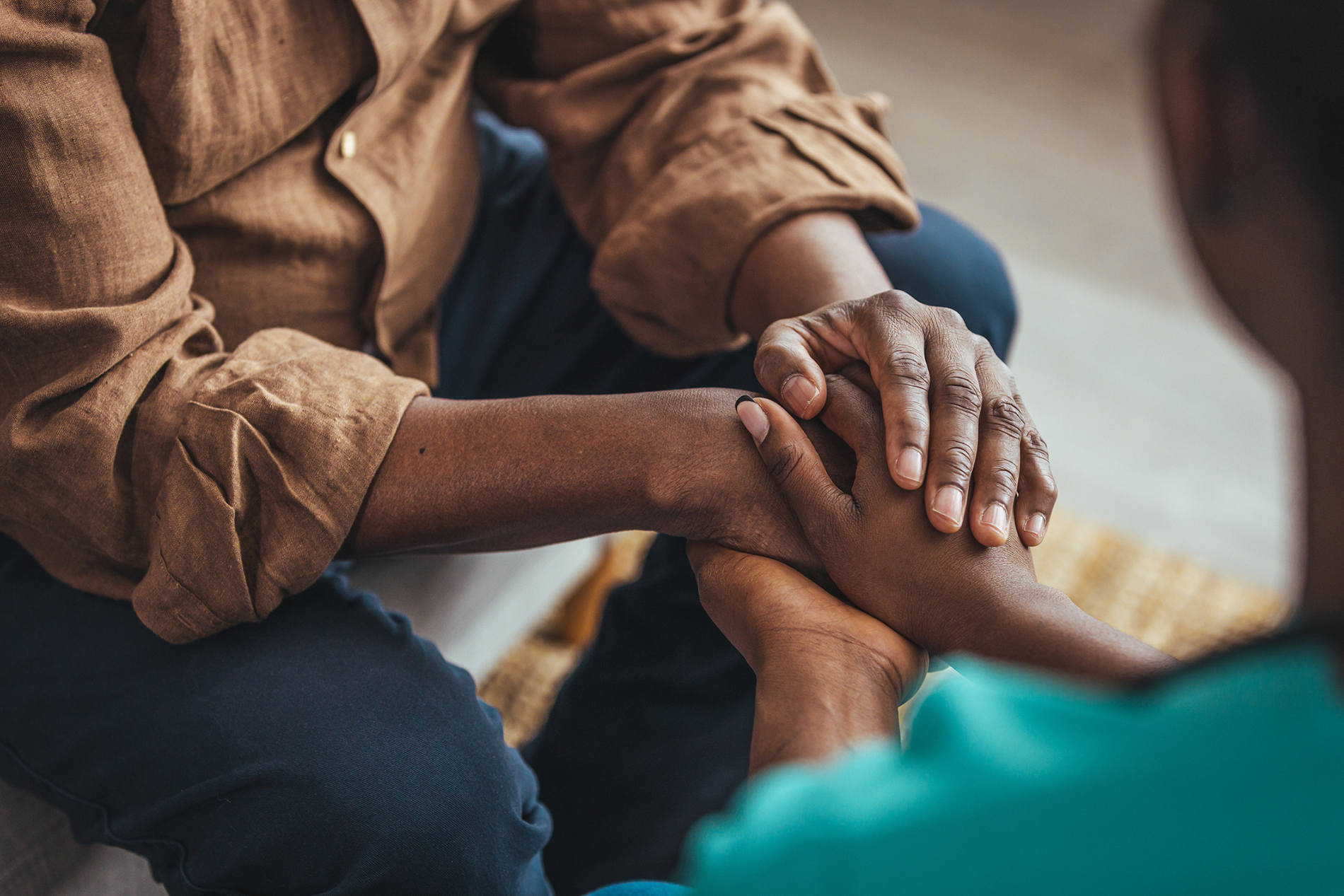The "War on Drugs" was a large-scale effort to crack down on drug use and possession in the United States. The policy was launched in 1971 by then-President Richard Nixon and continued under subsequent administrations. Despite its aggressive tactics and ambitious goals, the War on Drugs did not achieve its objectives. This is largely due to the fact that it was based on a flawed understanding of addiction and relied heavily on punitive measures rather than prevention or treatment.
Deconstructing the 'War on Drugs'
The 'War on Drugs' failed to make a lasting impact because it neglected to treat the underlying issues of drug use. The policy was built on fear and criminalization, yet failed to provide addiction and recovery resources for prevention, abuse treatment, and social support for individuals and communities facing addiction.
The solution isn't incarceration; the problem must be addressed at the root in order to break the cycle of drug use and abuse, creating real opportunities that can lead people away from drugs. Simply targeting the dealers or arresting users doesn't solve the bigger picture - investing in long-term programs that effectively address drug addiction can help heal individuals and the community as a whole.
Mass Incarceration
The struggle against drug use and possession became a major political priority after Nixon's declaration of the 'war' in 1971, resulting in mass incarceration across the country. This policy was largely implemented with racial bias, leading to an over-representation of black and Latinx inmates that continues today.
Although framed as a war against substances and drug users, it had a far broader impact on people from low-income backgrounds who were unfairly singled out for harsh sentences without mercy or consideration. In some cases, even non-violent offenders have been given life imprisonment for relatively minor offenses related to drugs. It is clear that the 'War on Drugs' has inflicted countless injustices on countless innocent people — a sad reality from which society is still struggling to recover.

Unfortunately, attitudes towards drug use remain largely punitive, meaning that meaningful changes in policy take longer than necessary. This has caused countless avoidable tragedies across the United States, from families destroyed from substance misuse to overcrowded prisons filled with once hopeful citizens.
In this way, the war on drugs has deprived already vulnerable populations of an important chance for recovery - financial stability and a steady job are integral elements in helping addicts stay sober, but this opportunity is made extremely difficult when people with addiction histories are unable to secure jobs as a result of drug laws. This has created a vicious cycle that continually reinforces itself, particularly for minority communities already predisposed towards facing legal scrutiny.
Poor Treatment for Addiction
The war on drugs has led to a criminalization of drug users, a standpoint which has proven to be particularly damaging for people who need help with their addiction. Instead of having access to treatment, many drug users are put into an endless cycle of prison sentences and court-ordered rehabs that lack evidence-based approaches. As a result, drug use remains an issue and can potentially lead to more collateral damage borne by society.

The war on drugs has too often been aimed at pushing those struggling with addiction further into the shadows. In addition to leading to blanket criminalization that fails to address the underlying causes of addiction, it also makes it much harder for men and women with substance use disorder to find work and support themselves.
The criminalization of drugs makes it difficult for people with addiction to access treatment, as many facilities will not accept patients with a criminal record. The stigma surrounding drug use also means that people are often reluctant to seek help for fear of judgment or being seen as a failure. The war on drugs has also led to increased police surveillance and harassment of communities of color, which further discourages people from seeking help for their addiction.
Dangerous Black Market
The 'War on Drugs' of the 1980s created an unexpected consequence: a black market for drugs. This underground economy has been linked to a dramatic increase in violence and crime, as traffickers try to maximize their profits and gangs vie with one another to control drug supply routes. In many communities, this shadowy realm of transactions is seen as the only way some people can make money - because they have few alternatives they are willing to embrace.
The situation has been described by some experts as a "prison without walls" that traps individuals in a cycle of exploitation, chaos and illegal activity. Unfortunately, these problems continue today despite decades-old efforts to contain them.
What the Addiction Community Thinks About the War on Drugs
Drug addiction is an issue that has been plaguing society for generations. Nearly everyone knows someone who has dealt with substance abuse and its horrific consequences. Many people in recovery from addiction advocate for a drastically different approach: one that focuses on providing resources like treatment and rehabilitation over punishment, fines, and jail time.

To them, the War on Drugs has been a failure: rates of addiction remain as high as ever, and too few receive the help they need to get better. People in recovery want to make their voices heard, hoping to raise awareness and encourage governments to reevaluate their tactics when it comes to reducing drug abuse.
“It has not reduced the availability of drugs. It made them more expensive.”
Supporters of the war on drugs maintain that it has been beneficial in at least one way: limiting the availability of dangerous substances. Critics, however, point out that drug prices have actually skyrocketed since the start of this campaign, therefore suggesting that drug accessibility and availability is actually higher now than before the war.
This is particularly concerning as those who are dependent on drugs are left with two choices: resort to more expensive supplies of their substance or risk their safety by seeking out cheaper alternatives. Whatever your stance may be on this policy there can be no denying that it has significant negative impacts on vulnerable populations.
“The War on Drugs has led to more violence, as drug dealers fight for territory.”
The War on Drugs has turned many major cities into battlefields, as an already violent criminal underworld is escalated by the competition for controlled zones. Sadly, innocent civilians often get caught in the crossfire of drug dealers jostling to control the lucrative market.
Even though the government initiates various strategies to cut off access to drugs, it’s become clear that their efforts are still far from successful. With gangs getting ever more organized and powerful, lawmakers must remain vigilant and continue looking for effective ways to confront this cycle of violence.
“There’s unnecessary suffering, as people are jailed for non-violent offenses.”
Critics of the War on Drugs argue that society has suffered from it. Non-violent offenders are sent to jail for lengthy periods of time, taking away precious years from their lives and inflicting an emotional burden on them and their families.
In addition, resources that should be used to help people affected by drug abuse are instead spent prosecuting and incarcerating these individuals, leading to further injustice. Even more alarming is the fact that, while minority populations have been disproportionately targeted in the War on Drugs, evidence shows that they have had no major influence on crime levels, indicating it a futile effort.
“The War on Drugs has little to show for all the billions spent.”
All over the world, politicians have been pouring money into the War on Drugs for decades with little to show for it. Despite billions of dollars spent on campaigns to reduce drug-related crime and implement education programs all aimed at preventing drug abuse, it appears that these initiatives have not had a significant impact on reducing the number of people using illegal substances.
This raises the question of whether this war has been an effective use of resources or if there are other strategies that need to be adopted in order to make progress. It is clear from current conditions that any tangible success from this war has yet to be felt, and until then questions will remain about how our money is being used in the fight against drugs.
What Was The 'War on Drugs' Worth?
The 'War on Drugs', which was declared by President Nixon in 1971, was a policy that was doomed for failure from the start. The resources devoted to its enforcement were vast, but sadly disproportionately targeted certain racial minorities and marginalized communities. While proponents of the policy promised to reduce drug use and make the public safer, these aims fell flat as crime rates continued to climb in areas where these efforts were most vehement.
Recovery Cove recognizes that addiction impacts every facet of one’s life as well as those around them. Here, we treat the entire person so that means seeing every person as an individual. We provide personalized addiction treatment programs in PA, offering a number of options to individuals and families in need.
The War on Drugs Failed, Now What?

It is clear that the War on Drugs has failed. Despite a heavy investment in law enforcement and policy efforts, drug use remains high and the consequences of this strategy are proving to be immense social costs. The cycle of criminalization, over-incarceration, and poverty that the War on Drugs has created will take years to undo. We must prioritize better public health awareness and education efforts, as well as invest in harm reduction programs that have proven successful in countries around the world. If we reframe our approaches to drug use from a medical issue instead of a criminal issue, we can begin to build healthier communities and make progress towards ending this devastating cycle.

Clinical Director
Christine Todd is a Licensed Professional Counselor and an Advanced Certified Drug and Alcohol Counselor who enjoys working directly with a population that struggles with addiction and mental health disorders. Christine brings many years of clinical experience to the team at Recovery Cove, where she is currently the Clinical Director. In her role, she oversees the clinical department as a leader, educator and mentor, designing programming and protocols for a diverse client population.




